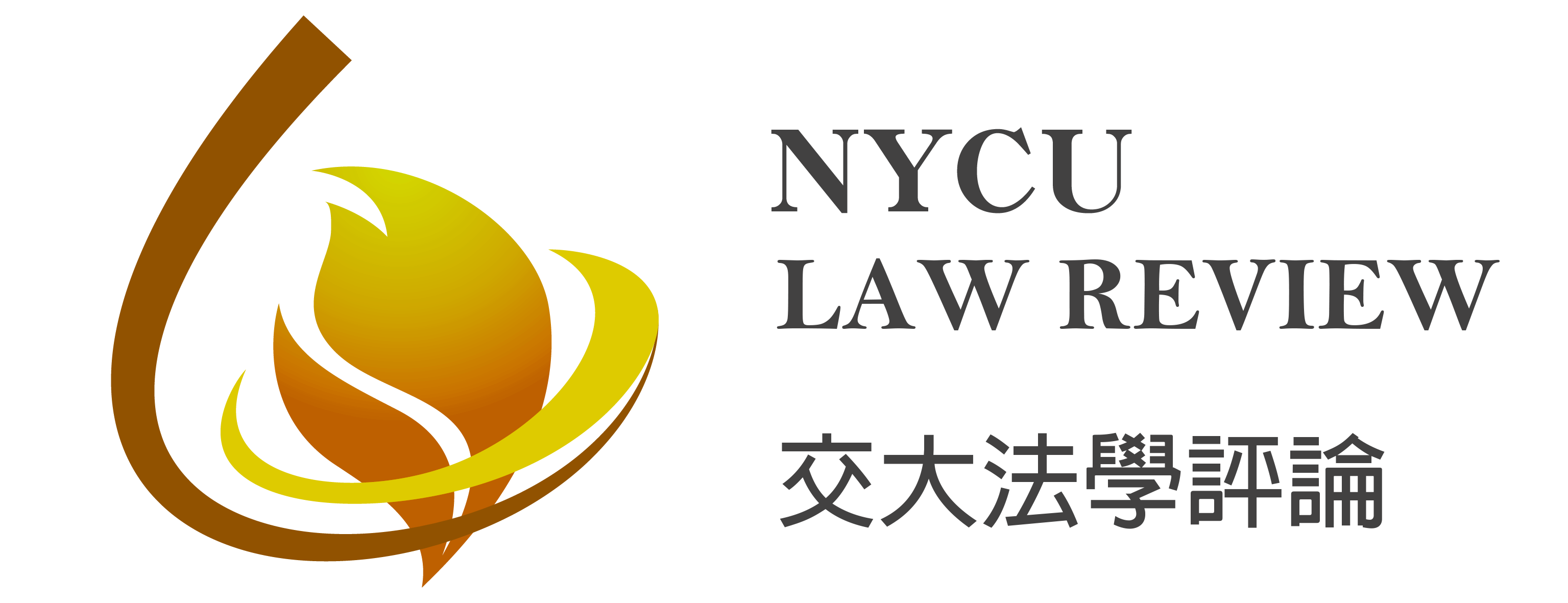| Title | |
| SPS Agreement in the Era of Private Standards Proliferation: Its Functions and Limitations in Global Food Safety Governance | |
| Author | |
| Pei-Kan Yang | |
| Keywords | |
| Private Standard, Food Safety, SPS Agreement, International Trade, Risk Assessment, Risk Management, Global Governance, WTO |
|
| Abstract | |
| There have been a series of domestic or international events negatively involved with food safety and public health concerns in recent years. With the liberalization of international trade, the impact has gained its serious magnitude to invoke public attention on global food safety governance. As the consumer welfare and benefits becoming the major consideration in shaping business policy, various kinds of private standards have been formulated and followed by many food retailers to satisfy consumers’ demand for a safer and healthier supply of food or agricultural products. Despite being voluntary (not legally mandatory) in nature, these private standards will in fact determine certain products’ access to the market. With the dominance of these private standards, small or medium size suppliers or producers had a hard time getting their products certified by institutions recognized by private standard setting bodies. Many WTO Members, especially developing country Members, have expressed their concern of private standards over possible trade-restrictive effect since 2005 in the SPS Committees, and continued to discuss this issue in several occasions. Given the agricultural and food trade constituted a major part of international trade, we should also look into this issue for our own benefits. This article aims at examining the impact of private standards on international trade system and the role of SPS Agreement in the era of private standard proliferation, including the applicability of SPS Agreement to regulate private standards. Moreover, the article tries to explore the function and limitation of SPS Agreement in dealing with the global food safety issues along with the possible reactions or options WTO Members or the SPS Committee may take to ease the trade concern over private standards. |
|
| Abstract | Article |
|
269 Downloads |
594 Downloads |
